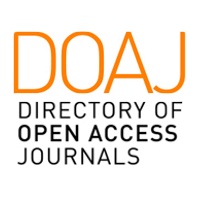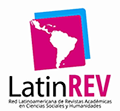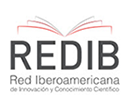Educação para as relações étnico-raciais no município de Caxias - MA sob a perspectiva das leis 10.639/2003 e 11.645/2008
DOI:
https://doi.org/10.31639/rbpfp.v9i17.157Keywords:
Ethnic and racial diversity, Prejudice in Brazilian education, Ethnic-racial relationsAbstract
The racial and cultural discrimination is persevering in education systems, causing damages, pain and suffer-ing to the victims, leading them to evasion and scholar underachievement. This research aimed to investigate the application of the Laws 10.639/2003 and 11.645/2008 in the teaching of ethnic-racial relations in the early years of Basic Education in public schools in the municipality of Caxias – MA. This is an observational field research with a quantitative approach, performed in three municipal public schools in the city of Caxias - MA, chosen randomly, including 28 teachers who taught in the early years of Basic Education. The sample of this study was composed of 28 teachers, 27 (96,4%) were women and 1 (3,6%) was man. In relation to teaching time, 22 (78,6%) teachers were teaching for over 15 years. About knowledge of Laws 10.639/2003 and 11.645/2008, 13 (46,4%) teachers knew them. About the practice of working african, african-brazilian and indigenous themes in the classroom, 15 (53,6%) teachers reported more than one way to work these issues. There was no statistically significant correlation between the knowledge of the Laws and the socio--occupational variables (age, sex and teaching time) (p>0,05). It was found that most teachers have knowledge of the Laws 10.639/2003 and 11.645/2008 and they seek numerous ways to work african-brazilian, african and indigenous thematic in the classroom, in addition, most schools perform cultural events as a way to dissolve the racial discrimination in education. This study did not found correlation between the knowledge of the laws and the socio-occupational factors.
Downloads
Downloads
Published
How to Cite
Issue
Section
License
Copyright belongs exclusively to the authors. The license rights used by the journal are the Creative Commons Attribution-NonCommercial 4.0 International (CC BY-NC-SA 4.0) license: sharing (copying and distribution of material in any medium or format) and adaptation (remixing), transformation and creation of material from the content are allowed.































